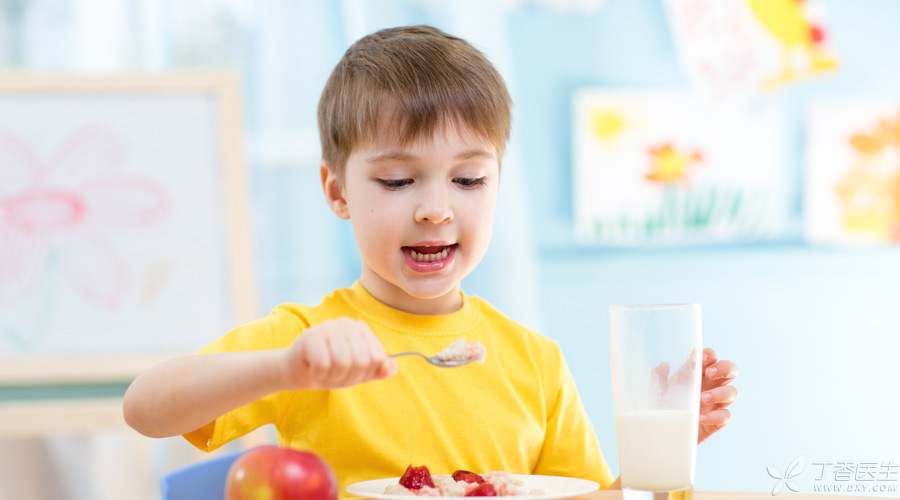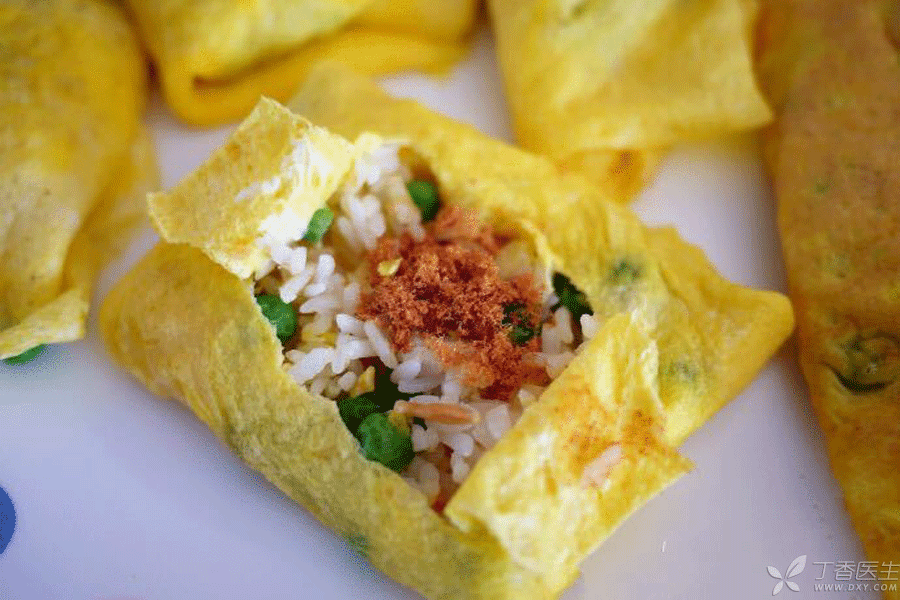
Parents all know that eggs are rich in high-quality protein, minerals and vitamins, and are a good thing.
But when you really want to give your baby eggs, you always have your own worries:
My baby loves eggs very much. Since eggs are so good, can he eat as much as he likes?
I heard that there is a lot of cholesterol in eggs. Is it not good for the baby to eat too much?
My baby doesn’t like eggs, what should I do?
Don’t worry, how will the baby eat eggs? After reading this article, there will be an answer!
How many eggs should I eat?
Eggs are a source of high-quality protein, and because the amino acid ratio of egg protein is suitable for human needs, the absorption and utilization rate are very high. At the same time, eggs are also treasure chests of vitamins and minerals, which should undoubtedly be included in a healthy diet.
However, it should be noted that eggs are not a good source of iron supplement. Click: Most mothers’ misunderstanding of iron supplement.
However, the relatively high cholesterol content in eggs once made people worry when eating eggs: they were worried that eating too much cholesterol would raise the blood cholesterol level.
What is reassuring is that more and more experts have reached a consensus that food is not the main cause of high blood cholesterol. Therefore, people can still eat eggs with confidence.
So, how many eggs are appropriate to eat every day?
On the premise of good physical condition, normal diet and moderate physical exercise, one egg a day is appropriate for children who are not allergic to eggs and will not lead to an increase in blood cholesterol.
In addition, when calculating the number of eggs eaten every day, you need to calculate the total amount. Don’t miss foods that use eggs as raw materials, such as cakes, egg pudding, biscuits, egg noodles, etc. For example, if the baby eats an egg pudding, he can eat less eggs.
Mothers need to be reminded that a balanced diet emphasizes diversity. Besides eggs, there are many sources of high-quality protein, such as lean meat, peeled poultry meat, aquatic products, soybeans and bean products, milk and dairy products, etc.
In addition to protein, a balanced diet should also include other foods: cereals, fruits, vegetables, etc., so as to meet the normal growth and development of children. However, the baby’s stomach capacity is limited. If you eat too many eggs, other foods may not be enough, which may lead to unbalanced nutrition.
How old is the baby to eat eggs?
Egg yolk and protein both contain proteins that may cause food allergy, of which egg protein allergy is more common.
For a long time in the past, out of fear of food allergy, experts suggested that babies should not start eating eggs until they are 1 or even 2 years old. However, in 2008, the American Academy of Pediatrics withdrew such advice, believing that postponing the exposure of babies to foods that may cause allergy has no scientific basis and has no obvious effect on preventing allergy.
Generally speaking, when the baby starts to add supplementary foods at about 6 months old, first add foods rich in iron (), and then you can eat eggs. The Dietary Guidelines for Chinese Residents recommend that you try egg yolk mud for your baby first, and if you get used to egg yolk, then try protein.
However, it should be noted that if the baby has had allergic reactions, such as rash and wheezing, it is better to consult a pediatrician before eating eggs for the first time.

Will eggs not be lost for nutrition in how?
Generally speaking, as long as you don’t need high-temperature frying, you don’t need to worry too much about nutrition loss.
For babies who start to add supplementary foods at the age of 6 months, considering that the chewing and swallowing function is not fully developed, the egg yolk can be steamed, added with water or milk, and mixed into egg yolk mud to be fed to the baby. If the baby can adapt to the egg yolk, the protein can be increased. The protein should be cooked, mashed and then fed to the baby.
For children under 1 year old, try to use white boiling, mashing, steaming and tender stir-frying, so that children can accept it more easily.
Children over 2 years old can basically eat the same as adults. Parents can try different methods and match them with different ingredients.
For example, scrambled eggs with tomatoes, fried egg rolls, corn omelets, steamed eggs with tofu, steamed eggs with minced pork, steamed eggs with fish fillets, etc.
It should be noted that the baby’s food should not be seasoned too much.
What if my baby doesn’t like eggs?
Parents who have fed children should know that many children have [character]: they can eat a lot of food they like, and they will not open their mouths if they don’t like to eat.
If parents encounter babies who don’t like to eat eggs, first of all, we should not be too nervous and be careful not to force babies to eat eggs. At the same time, we can try different methods, find ways that children like, and let eggs have the chance to show up again.
In addition, eggs are not irreplaceable. If children still do not eat them after trying, we can choose other high-quality protein sources mentioned above to help babies obtain sufficient high-quality protein.

Delicious recipes help babies eat eggs beautifully.
Here, Ding Ma provides you with two delicious egg recipes to help babies who do not like eggs accept eggs and babies who like eggs eat eggs beautifully.
Recipe 1 Steamed Eggs with Milk
Ingredients
- 1 egg, 100ml milk available: 1 shrimp, 1 belt
Practice
-
After the eggs are broken, add milk and stir evenly in one direction. Sieve to remove bubbles from the egg liquid.
-
Pour the egg liquid into a bowl, cover it with a lid or wrap it with plastic wrap, and steam over low heat for 7-8 minutes.
-
After the egg liquid is formed, add seafood and steam for 4-5 minutes before it can be taken out of the pot.
Reason for recommendation
Tender and smooth steamed eggs are the children’s favorite, especially for infants whose chewing function is not yet fully developed, they do not need too much chewing. Add milk to make the taste more fine and smooth, and a bowl full of high-quality protein is nutritious and delicious.
After the baby is 1 year old, it can be seasoned with very little sugar or salt. Older children, if they are sure that they will not have food allergy, can match it with seafood and turn it into seafood bowl steaming, which has more flavor.
Recipe 2 Simple Egg-wrapped Rice
Ingredients
- Rice, a small bowl of chopped vegetables/chicken, a proper amount of eggs and a proper amount of ketchup (optional)
Practice
-
Stir-fry rice until fragrant, add chopped vegetables and chicken of your choice, and stir-fry until cooked.
-
Beat the eggs and put them into a pan. When the egg liquid is half cooked, add a small amount of fried rice in the middle, and then gently wrap the egg skin on the fried rice.
-
The fried egg-wrapped rice is turned upside down and placed on the plate. Finally, ketchup can be squeezed to decorate and season.

Reason for recommendation
Fried rice contains vegetables and meat, accompanied by some green leafy vegetables, to ensure a balanced nutrition of the meal. Fried rice with ingredients, can choose at will, just clean up the fragmentary ingredients in the refrigerator.
Wrapped with egg skins, ordinary fried rice also becomes interesting. The process of pulling open the egg skin will give children a feeling of opening gifts, which will further enhance their appetite.
